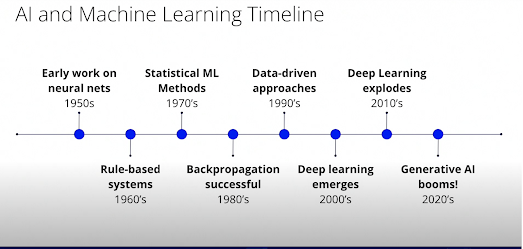AI and IOT
1. How can the home automation industry benefit from adopting IoT-enabled systems?
Home automation can benefit significantly by adopting IoT-enabled systems (Singh, et al. 2018).
IoT-enabled devices can automate various tasks inside a home such as adjusting lighting, temperature and security systems based on predefined schedules. AI based algorithms can learn from the user behavior can automate tasks according to the desired convenience of the user.
IoT enabled devices can control temperature, lighting and other appliances and can optimize the energy usage based on occupancy, usage patterns, and weather resulting in a lower energy footprint and making the home energy efficient IoT devices can improve home safety and security by real time monitoring of sensors like camera and alert for home intrusions. Connected surveillance cameras, doorbell cameras and smart locks, IoT enabled thermostats, and flood warning sensors can provide the homeowner the benefit of remote monitoring and control.
2. What are the challenges in the adoption of IoT, and how can they be overcome? Some challenges to consider are the scalability of data, security and privacy, energy efficiency, data aggregation and visualization, and computational power.
Some of the challenges in adoption of IoT are as follows (Alenizi, et al. 2023):
- Scalability: With the proliferation of IoT devices, the volume of data generated has growth exponentially. Managing and processing this data can be challenging. Potential solutions are edge computing (processing data in situ instead of transferring over network and incurring latency), usage of data aggregation techniques (to reduce network overload) and utilization of cloud computing (instead of reliance on local area network).
- Security and Privacy: IoT devices are susceptible to security breaches such as unauthorized access, data theft and manipulation. These can be countered by implementation of robust authentication and encryption methods, and automated updates of firmware.
- Computational Power: Processing and analyzing large number of data requires significant computational power. These can be addressed by optimizing algorithms that can run on resource constrained devices and usage of hardware accelerators such as GPU and TPU to accelerate computation-intensive tasks.
3. Can you think of new industries or sectors that can thrive with the development of IoT-enabled AI?
The energy sector can definitely benefit from the development of IoT-enabled AI. IoT and AI technologies can observe and analyze energy usage patterns. Smart energy grids can use such knowledge to optimize and efficiently distribute grid loads. AI algorithms can initialize predictive maintenance. Smart meters, AI driven analytics and decentralized systems can optimize energy distribution and reduce waste.
4. Can you think of a problem or project in your professional experience where there is a synergy between AI and IoT?
The integration of AI and IoT can tremendously boost today’s healthcare system (Kelly, et al. 2020).
Remote patient monitoring can make help healthcare providers with better work and time management. Intelligent wearables, sensors and connected devices can provide continuous monitoring of patients’ vital signs and activity levels. Advanced AI algorithms can analyze the data collected from these devices to detect early signs of health deterioration, allowing healthcare providers to intervene proactively.
IoT enabled AI technologies can provide personalized medicines to the patients. AI algorithms can monitor and analyze patient data, including genetic information, lifestyle factors, and treatment history, to tailor personalized treatment plans and interventions and reduce potential adverse side effects.
IoT devices and AI-powered telemedicine platforms enable remote consultations, virtual visits, and telemonitoring, expanding access to healthcare services and reducing the need for in-person visits.
References
Singh, H.K., Verma, S., Pal, S., and Pandey, K. (2019). A step towards Home Automation using IOT, 2019 Twelfth International Conference on Contemporary Computing (IC3).
Alenizi, A., and Al-Karawi, K.A. (2023). Internet of Things (IoT) Adoption: Challenges and Barriers, Proceedings of Seventh International Congress on Information and Communication Technology.
Kelly, J.T., Campbell, K.L, Gong, E., Scuffham, P. (2020). The Internet of Things: Impact and Implications for Health Care Delivery, Journal of Medical Internet Research, 22(11)


Comments
Post a Comment